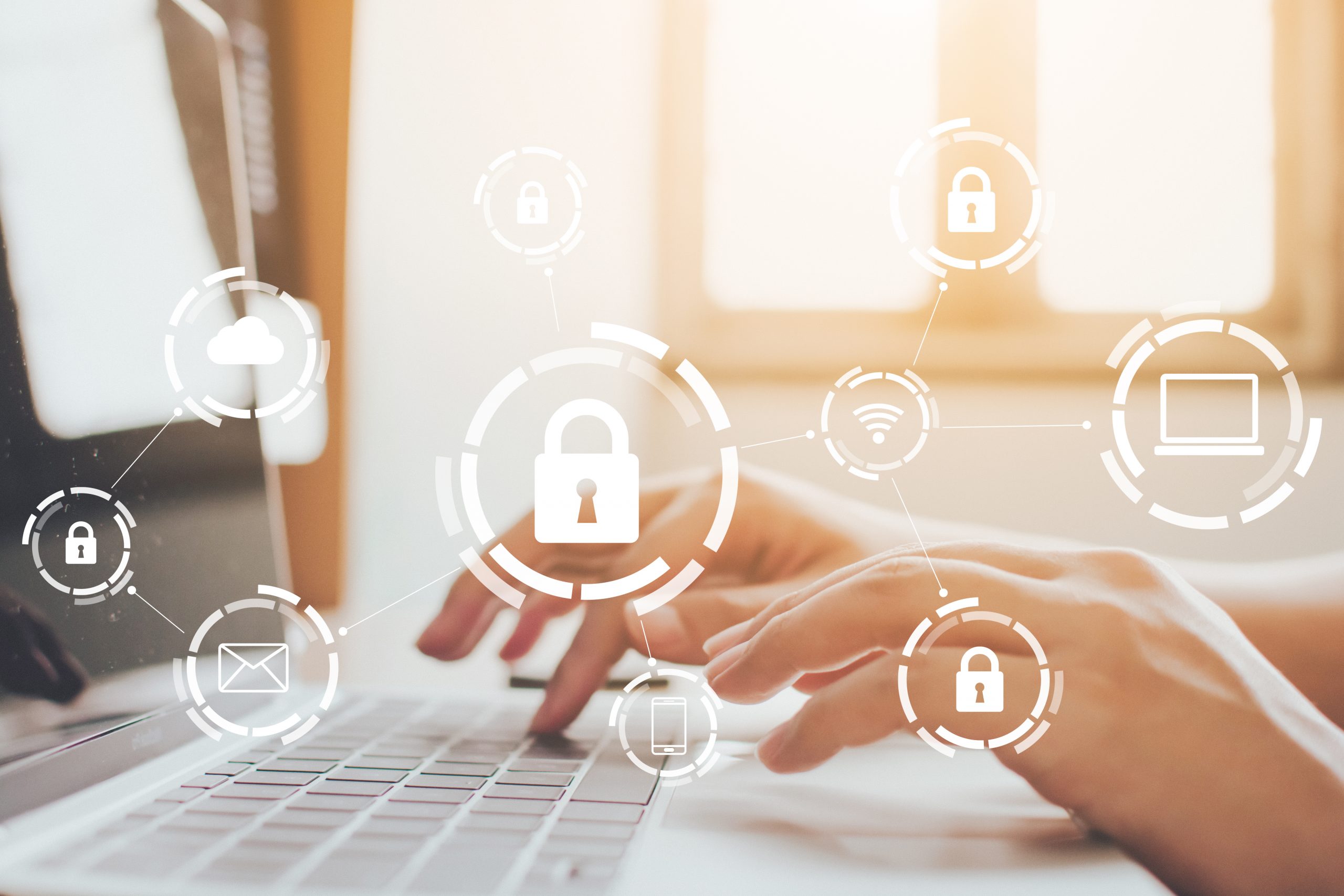Managing Data Privacy in the Post-Pandemic Era
September 16, 2021 | Barna, Guzy & Steffen, Ltd.
COVID-19 has changed the way we live, work, shop, and socialize on a global scale. In the early weeks of the pandemic, people transformed their homes into virtual offices, workspaces, and classrooms among concerns for the health and safety of everyone. As a result, this “new normal” started to infringe upon our personal privacy as new tools like Zoom, Microsoft Teams, and other videoconferencing platforms became standard operating procedure. However, the pandemic did not slow down technological advancement or the pace of regulation affecting data privacy and security. Read our blog as we discuss managing data privacy as we continue to manage this pandemic. What is, or will be, our new normal? Whatever it is, data privacy concerns will remain.
Changes to the Regulatory Landscape
In January 2020, the state of California implemented legislation geared towards greater protection of consumer data. The California Consumer Privacy Act (CCPA) ushered in changes to the way businesses collect, process, and distribute private information as consumer demand for greater privacy protections increased. The affect of the new legislation was widespread, prompting many companies like Microsoft and Uber to alter their business practices to comply with the new law. In fact, the CCPA has served as a blueprint for other states to draft and adopt their own laws; CCPA is the most comprehensive state privacy law to date. In November of 2020 the CPRA was passed (California Privacy Rights Act) built on the CCPA. It adds further protections and controls for consumers, increases fines, limits the time a company can retain a consumer’s data, and more. Are you doing business in California? You need to be aware of these laws. More states have taken up this critical topic; consider the following:
Virginia Consumer Data Protection Act passed March 2, 2021 . It applies to entities that do business in Virginia and meet certain data processing thresholds.
Colorado Privacy Act passed June 2020. Similar to CCPA (and European laws) it contains 17 blanket exemptions.
New Laws, New “Office” Space
As states continue to consider this critical topic, what aspects of working from home cause concern? Leaving aside the hardware and software issues, what are the consequences of so many workers having moved to working from home? We are on Zoom calls and Microsoft Teams, what are the concerns there?
Other considerations such as the collection of physiological data – body temperature, vaccination results, tracking of personal movement – are called into question by existing data privacy laws. In the not-so-distant future, it’s possible that places like shopping malls or concert venues take the body temperature of all customers before entering. This is already happening in some Los Angeles area grocery stores. This opens a Pandora’s box for lawsuits as companies attempt to temper the need for personal freedom and privacy with the overall health and safety of society.
As companies push the limits of technological innovation, they need to ensure a balanced approach to data privacy and health protection in these uncertain times. It may pave the way for comprehensive federal legislation down the road.
The technology and data privacy experts at Barna, Guzy & Steffen are standing by to answer any questions you have regarding best practices for your business. Contact us today. We look forward to hearing from you!


